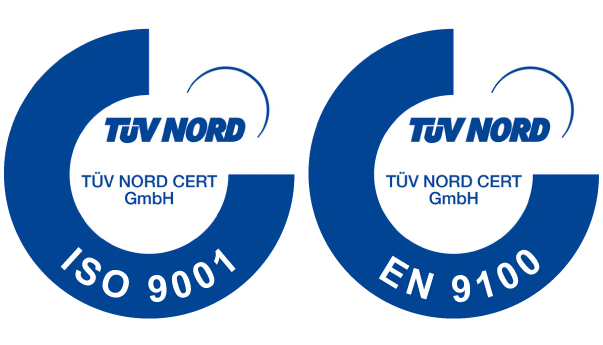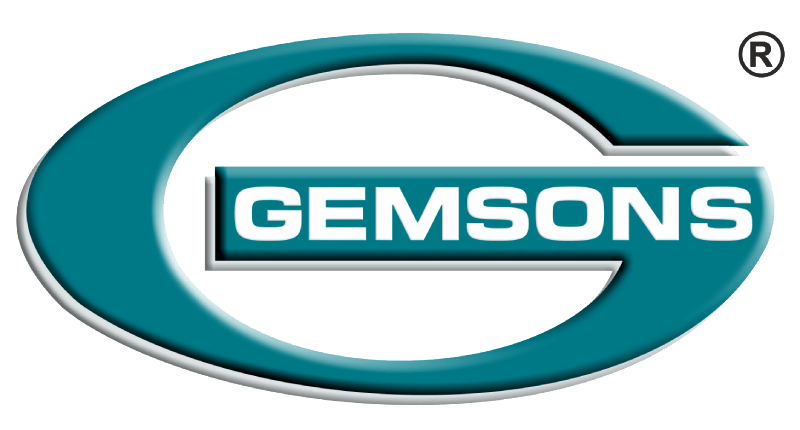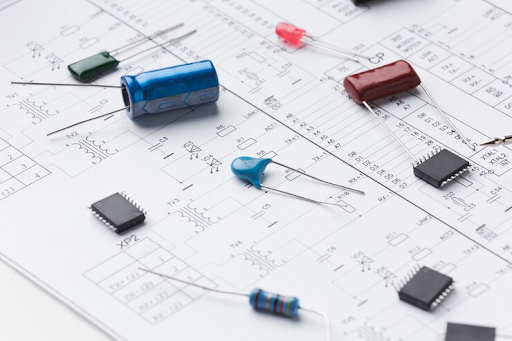What are your power requirements?
Remember that your power needs will play a major role in determining the money that you have to spend in this particular regard. However, there is a primary factor that can help you determine the size of the generator you need. Do you want a generator to run a whole building in case of a power outage or do you want to use it only for emergency purposes?
Which fuel type do you need?
As far as electric generator parts are concerned the commonest options you have in terms of fuel types are diesel, propane, and natural gas. You may want to use gasoline for your emergency standby system because of the convenience it provides but it is usually a poor choice.
Who will install the equipment?
The answer to this question is always a licensed electrician. In certain cases, you may also need a licensed plumber. However, it is you who will make the choice in the end in this regard. It is always better in these cases to go with reputable companies.
Where will the generator be located?
The generator set and the electric generator parts must be located in such a way that all of them are readily accessible for repair and maintenance. They must also be high enough so that the generator does not come in contact with rising water. No matter where you install them always follow the applicable fire safety requirements.
Which enclosure type will you use in case of outdoor installations?
A question that is especially related to the one posed above is if you have a local noise ordinance in your area. In some areas, you may have to keep your standby system within a certain decibel rating.
Which type of transfer switch will you use?
Usually, in the case of electric generator parts transfer switches are automatically controlled. You may get manual transfer switches in some kinds of systems provided you want them. However, just because you are not choosing an automated system does not mean you are saving any money.
Do you have any specific accessory requirements?
Your accessory options will change depending on the kind of generator you are using. If you are using light commercial or residential systems, you may get a remote annunciation panel that will provide generator status and you can locate it in any indoor area you prefer.
Conclusion
There are some other important factors to keep in mind while buying electric generator parts such as warranty duration and the person responsible for equipment maintenance. Usually, you get a warranty period between one and five years for generator systems but that depends on the kind of generator you have.



Recent Comments